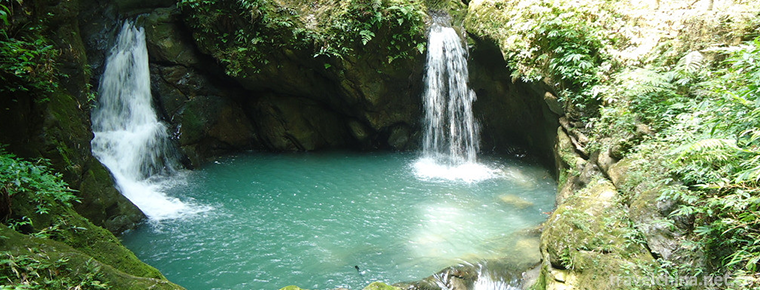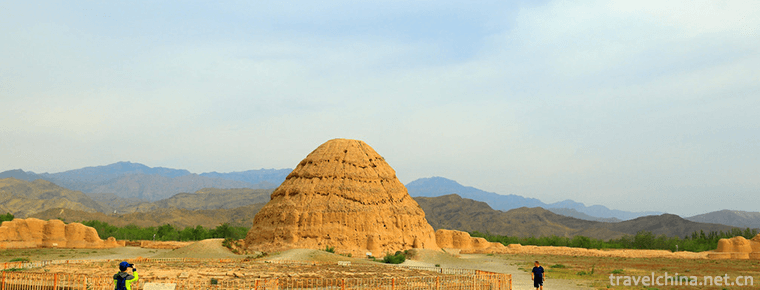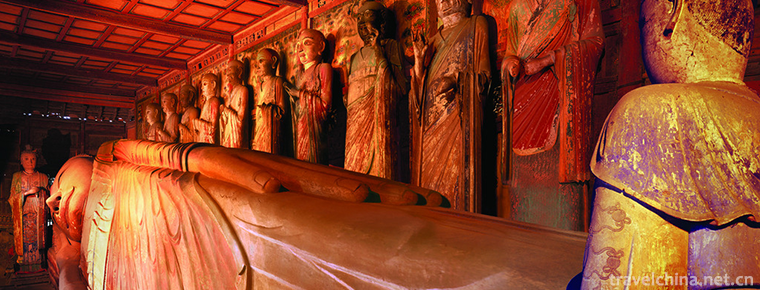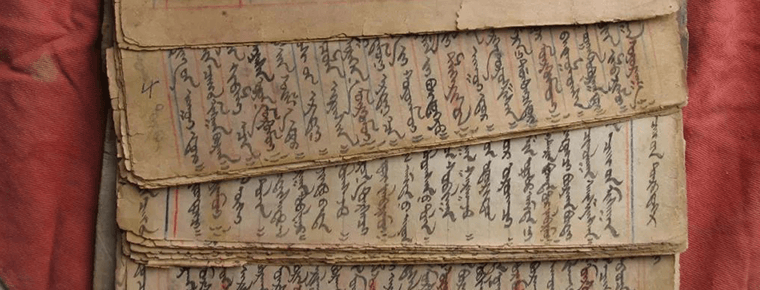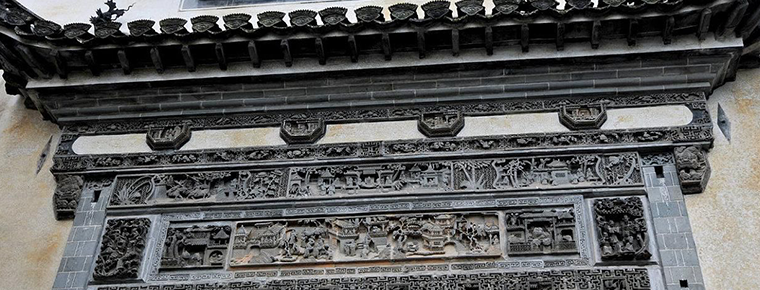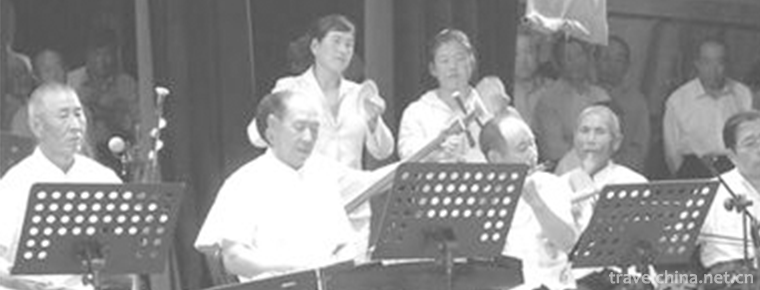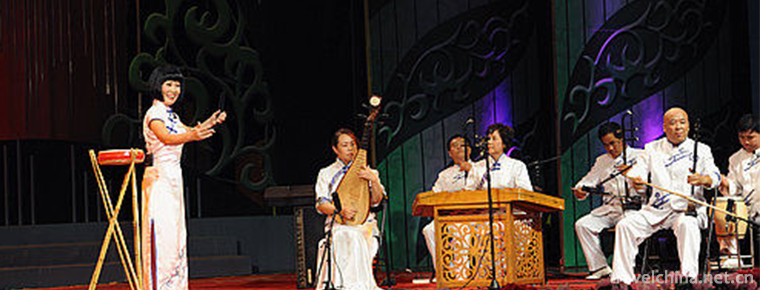Beijing Police College
Beijing Police College
Beijing Police College is a full-time general undergraduate college approved by the Ministry of Education, sponsored by the Beijing Municipal People's Government, administered by the Beijing Public Security Bureau, and administered by the Beijing Education Committee. It is a teaching and application-oriented public security college.
The College was founded in January 1984 and its predecessor was the Public Security School of the Public Security Bureau of the Peiping Municipal People's Government, which was established in April 1949. In 2004, with the approval of the Ministry of Education, it began to prepare higher undergraduate education of public security to recruit undergraduate students. In 2006, with the approval of the Ministry of Education, it established Beijing Police College on the basis of Beijing People's Police College to carry out full-time higher undergraduate education of public security and on-the-job training of civilian police.
The specialty setting of the Institute is closely related to the reality of capital public security and has distinct characteristics of public security. It now offers 9 undergraduate majors such as public security, investigation, criminal science and technology, foreign-related police affairs, public security management, traffic management engineering, network security and law enforcement, law (slow recruitment), computer science and technology (slow recruitment), etc. Four undergraduate majors, including newspaper, pre-trial, public security legal system and special police, and three specialized majors (directions) of public security management (community prevention), traffic management (traffic exploration), criminal investigation technology (police dog technology). The undergraduate education system is four years and the specialized education system is three years.
Located in Huyu Scenic Area, Nankou Town, Changping District, the College covers an area of 1200 Mu and has a building area of more than 180,000 square meters. The college has complete teaching equipment and modern teaching means, which can realize situational teaching, simulation teaching and distance teaching. Laboratories such as DNA testing, intelligence analysis, trace comparison and criminal photography are in the leading position in public security colleges and universities in China. Physical fitness, skills and police technical and tactical training venues have their own characteristics. The library has a complete collection of books, which is convenient and fast to access, and can directly serve teaching, scientific research and police practical combat. The beautiful environment, fresh air and complete facilities of the College provide good conditions for teachers and students to study, work and live.
The aim of the Institute is to build a "first-class, international level" police academy. With the general requirement of "loyalty to the Party, serving the people, impartiality in law enforcement and strict discipline", the College adheres to the idea of building a college based on seeking truth from facts, reform and innovation, consolidating the foundation and steadily developing, adheres to the policy of building a school by politics, running a school by law, building a school with characteristics, building a school by talents and strengthening a school by quality, and adheres to the principles of education, teaching and scientific research. To adhere to the development concept of close integration, mutual promotion and common improvement of public security practice, adhere to the purpose of training public security professionals for the capital public security undertakings, providing intellectual support services for the development of the capital public security work, and serving the major security tasks of the capital public security; and actively promote the service of the capital public security work with the goal of serving the capital public security work. Quality education; adhering to the policy of paying equal attention to both higher education of public security and on-the-job police training, basing on the innovation and development of police affairs in the capital, adhering to the training mode of integrative teaching and training, and training high-quality application-oriented police officers with loyal spirit, strict discipline style and excellent policing ability in accordance with the actual combat orientation; Practical police personnel.
The College conducts friendly exchanges and academic exchanges with multinational police agencies around the world. With the improvement of the level of running a school and the development of scientific research activities, especially with Beijing's development strategy positioned at the "four centers", the scale of external and academic exchanges of the college has been expanding.
Since the founding of the school, after several changes, the school has always adhered to the policy of political school-building and strict school management. The majority of teachers and staff have worked hard to train a number of public security professionals. More than 40,000 graduates have been trained and transported to public security organs at all levels. A number of heroic models, field experts and excellent leading cadres have emerged and become trainers. The cradle of reserve personnel, the main position of on-the-job training, the base of police theory and scientific and technological research have made historic contributions to the inheritance and development of the capital's public security undertakings, and are known as the cradle of the capital's police officers.
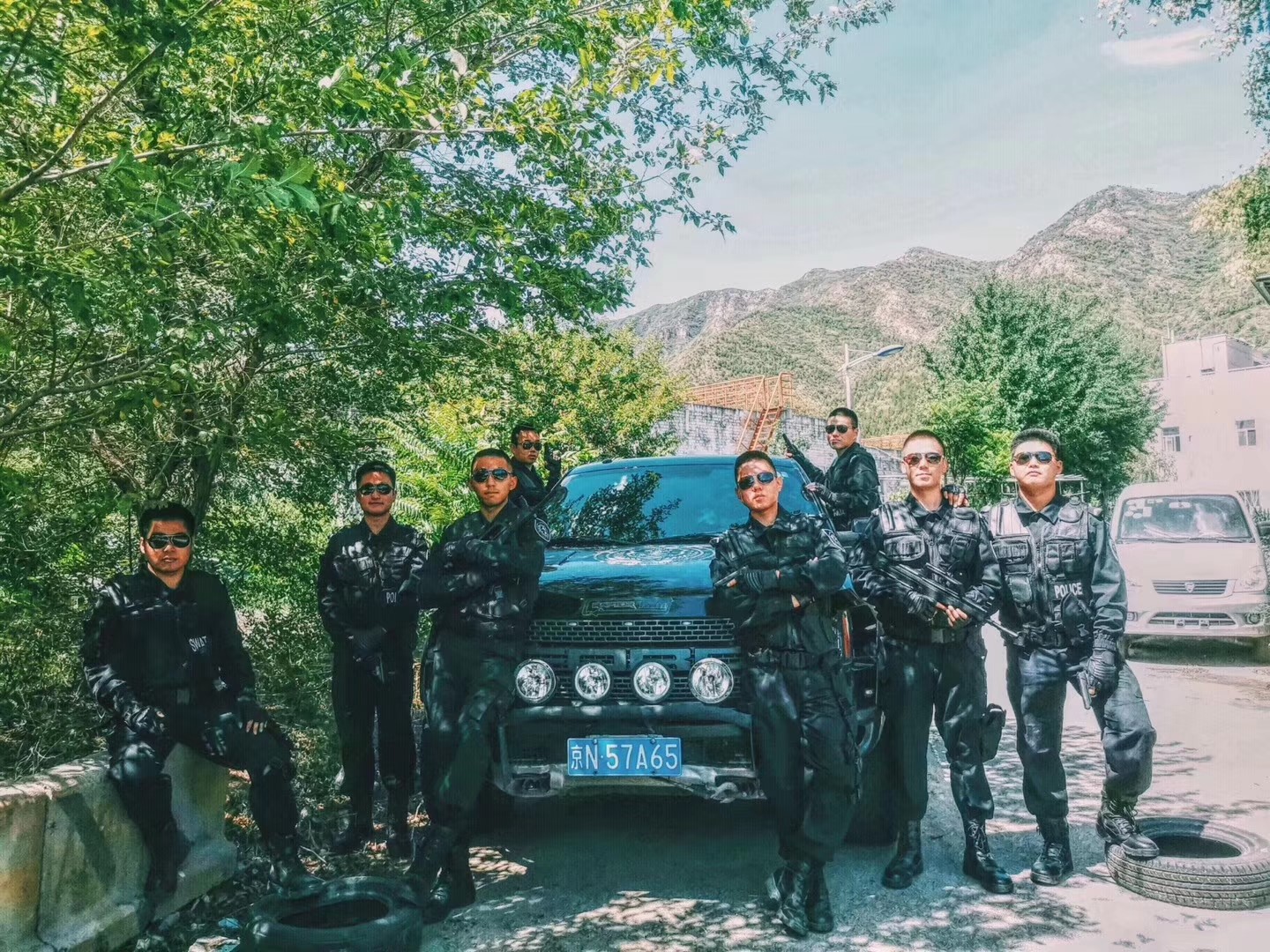
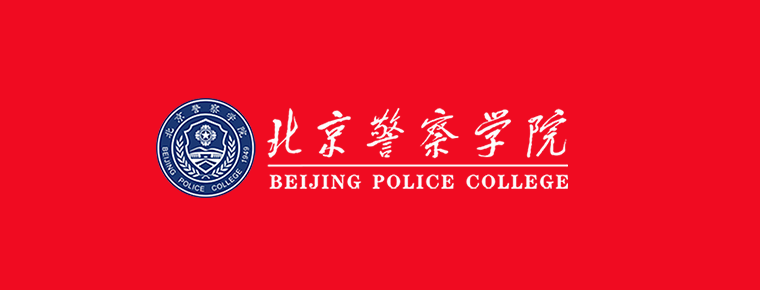
Beijing Police College
-
Black Valley Scenic Area
Black Valley, National AAAAA Tourist Scenic Spot, National Forest Park, National Geopark, China's Best Leisure Mountain, China's Best Green Low Carbon Tourist Leisure Spot
Views: 180 Time 2018-12-12 -
The Gu Guan Great Wall
Guguan Great Wall is located in Xinguancun, Pingding County, Shanxi Province, on the western side of Taihang. It starts at Niangziguan Jiayugou in the north and reaches Baihui Village in the south.
Views: 141 Time 2019-01-12 -
Western Xia imperial tombs
The Mausoleum of the Xixia Dynasty, also known as the mausoleum of the Xixia Emperor and the mausoleum of the Xixia Emperor, is the mausoleum of the successive emperors and the Royal Mausoleum of the
Views: 146 Time 2019-02-25 -
Zhangye Great Buddhist Temple
The Great Buddha Temple was built in the first year of Yongan, Xia Dynasty (1098), formerly known as the Kaye Tathagata Temple, in the ninth year of Yongle, Ming Dynasty (1411), and in the seventeenth
Views: 262 Time 2019-03-16 -
Chagan Sulide Festival
Sulide, in Mongolian, has the meaning of auspiciousness, loftiness, harmony, unity and harmony. The sacrifice of Chagan Sulide is the natural worship of the universe of heaven and earth gradually form
Views: 122 Time 2019-04-15 -
Huizhou three carving
The three carvings in Huizhou are a kind of local traditional carving art. They refer to three kinds of local traditional carving crafts, i.e. wood carving, stone carving and brick carving,
Views: 158 Time 2019-05-04 -
Qinghai Yuexian
Qinghai Yuexian is also called Yuexian, Yueyue Diao, Back Diao, Yueyue Diao, Meihu, etc. Qinghai Vietnamese String is one of the traditional folk songs in Qinghai Province. It can be called the "
Views: 330 Time 2019-06-11 -
Sanxianshu
Sanxianshu, also known as Qianzi Shu and Leg Blackboard Shu, is an ancient traditional rap art formed in Nanyang, Henan Province. It has a history of more than 250 years. It is named for its main acco
Views: 129 Time 2019-06-12 -
Beihang University
Beijing University of Aeronautics and Astronautics is the first Institute of higher learning in Aeronautics and Astronautics founded in New China. It is a university with sacred mission and grand visi
Views: 197 Time 2019-09-06 -
Beijing University of Chinese Medicine
Beijing University of Traditional Chinese Medicine is a national key university with traditional Chinese medicine as its main subject. It is directly under the management of the Ministry of Education.
Views: 149 Time 2019-09-22 -
Cuiyun corridor
Cuiyun corridor is a section of the ancient Shu Road, and also a section of Jianmen Shu Road, which is famous for its danger. Cuiyunlang, also known as "Huangbai" and "zhangfeibai" in ancient times, is located in Jiange County, Guangyuan City, Sichuan Province, and Zitong County, Mianyang City. Cuiyunlang in Jiange county has been built into a national AAAA scenic spot.
Views: 132 Time 2020-11-08 -
Meishan science and technology
In 2019, 80 science and technology projects above the municipal level will be organized and implemented, and 27.73 million yuan of free science and technology project funds will be put in place. In the whole year, 433 patents were applied and 94 patents were
Views: 368 Time 2020-12-18
